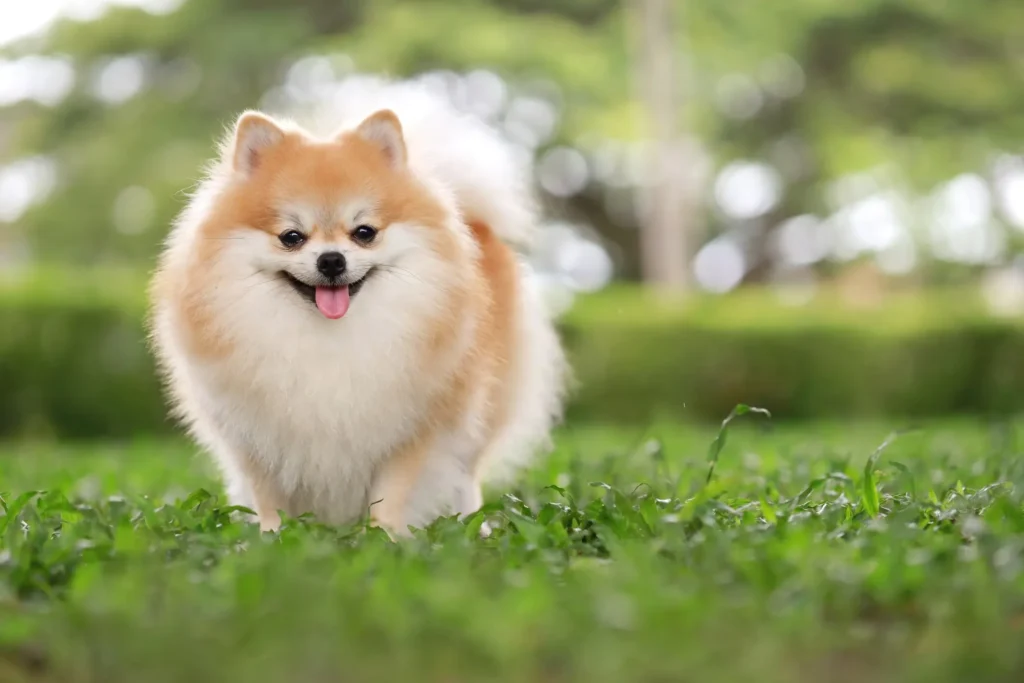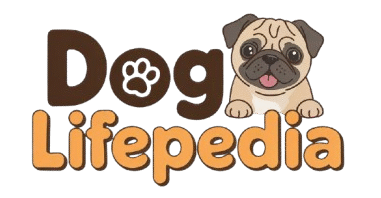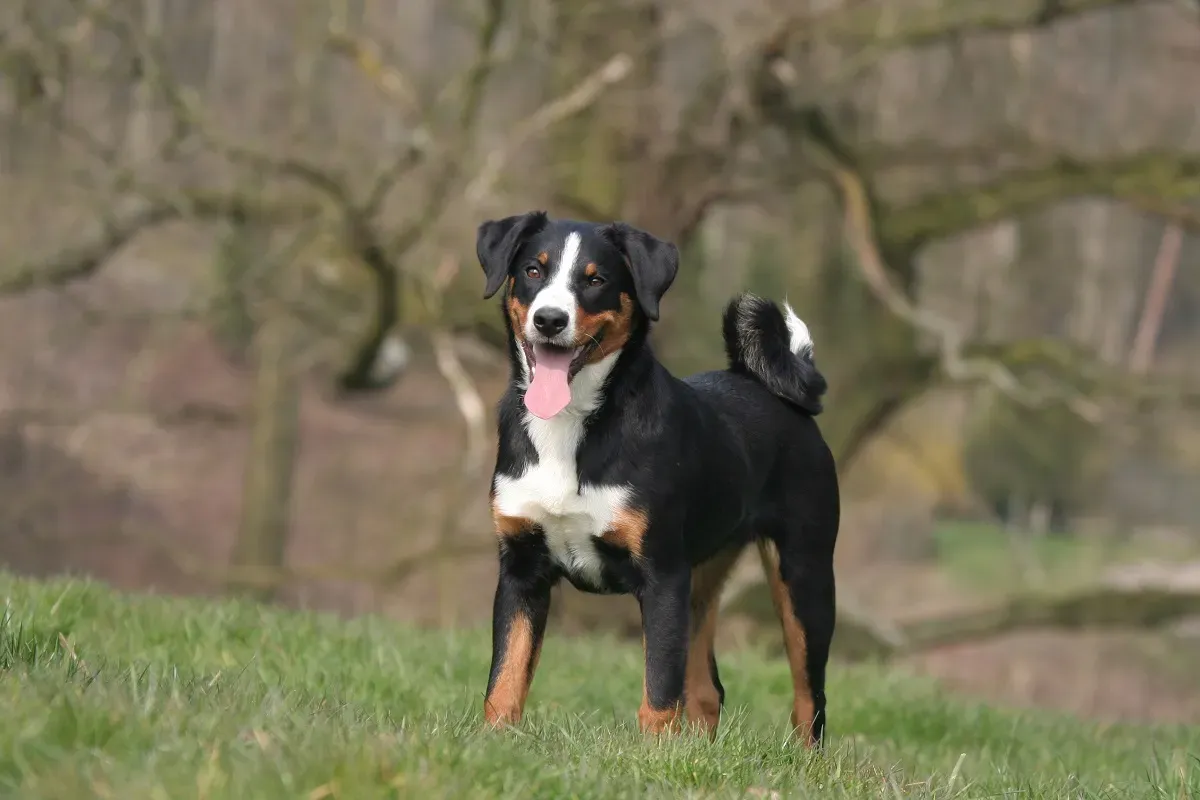
Pomeranian
Heena
May 22, 2025

The Pomeranian is a tiny but mighty toy breed, instantly recognizable for its fluffy double coat, fox-like face, and lively personality. Despite its small stature, the Pomeranian carries itself with the confidence of a much larger dog, making it a favorite among city dwellers and families alike in the UK and USA.
Originally descended from larger Spitz-type dogs in the Arctic region, the Pomeranian was bred down in size to become a popular companion dog for European royalty, including Queen Victoria. Today, the breed continues to charm owners worldwide with its intelligence, friendliness, and striking appearance.
Breed Overview
- Breed Name: Pomeranian
- Group: Toy (AKC & UK Kennel Club)
- Origin: Germany/Poland (Pommern region)
- Height: 6–7 inches (15–18 cm)
- Weight: 3–7 lbs (1.4–3.2 kg)
- Life Expectancy: 12–16 years
- Temperament: Lively, friendly, intelligent, alert
Breed Colors & Markings
Pomeranians come in a dazzling array of colors and patterns, including:
- Orange (classic and most popular)
- Black
- White
- Cream
- Blue
- Chocolate
- Parti-color (two or more colors)
- Sable and Brindle
This variety means there’s a Pomeranian to suit almost every aesthetic preference.
Temperament & Personality
Don’t be fooled by their size—Pomeranians have big hearts and bold personalities:
- Outgoing and confident: They love meeting new people and other pets
- Playful and curious: Enjoy interactive toys and games
- Alert watchdogs: Despite their size, they’re quick to bark at unfamiliar sights or sounds
- Affectionate: Thrive on human interaction and companionship
They are ideal for families, singles, or seniors looking for a spirited yet loving companion.
Communication & Intelligence
Pomeranians are intelligent and expressive dogs:
- Vocal: Tend to bark frequently, so early training can help manage noise
- Expressive body language: Tail wagging, ear positioning, and playful bowing communicate mood
- Highly trainable: They pick up commands quickly and enjoy mental challenges
Their alertness makes them great little watchdogs, always keeping an eye on their surroundings.
Health & Lifespan
Pomeranians are generally healthy but prone to some common small-breed issues:
- Dental problems: Small mouths can lead to overcrowded teeth and plaque
- Luxating patella: Knee joint instability
- Tracheal collapse: Causes coughing and breathing difficulties
- Hypoglycemia: Especially in puppies
- Eye problems: Such as cataracts or dry eye
- Skin allergies
Routine vet care, dental hygiene, and a balanced diet help keep these conditions at bay. Pomeranians typically live 12–16 years.
Grooming Needs
The Pomeranian’s abundant double coat requires consistent grooming:
- Brushing: Daily or at least 4–5 times per week to prevent mats and tangles
- Bathing: Every 3–4 weeks or as needed
- Trimming: Around feet and sanitary areas
- Nail care: Every 2–3 weeks
- Ear cleaning: Weekly to prevent infections
- Dental care: Regular teeth brushing is essential
Proper grooming keeps their coat fluffy, healthy, and free from debris.
Exercise Requirements
Though small, Pomeranians are active little dogs:
- Daily walks: 20–30 minutes, split into two sessions
- Playtime: Indoor games and training sessions
- Mental stimulation: Puzzle toys and obedience training keep them sharp
- Watch energy levels: Avoid over-exercising, especially in hot weather
They adapt well to apartment living but still need regular activity.
Training & Socialisation
Pomeranians are eager learners but can be stubborn:
- Start early: Socialise puppies with people, other dogs, and environments
- Positive reinforcement: Use treats, praise, and gentle correction
- Consistency is key: They respond best to regular routines
- Manage barking: Teach a “quiet” command to prevent nuisance barking
They excel in obedience, tricks, and even dog sports like agility or rally.
Nutrition & Diet
Feeding your Pomeranian properly is vital for long-term health:
- High-quality small-breed dog food: Nutrient-rich and appropriately sized kibble
- Portion control: Prevent obesity by monitoring food intake carefully
- Frequent small meals: 2–3 meals per day, especially for puppies
- Fresh water: Always available
- Treats: Use sparingly during training to avoid excess calories
Avoid feeding human food, especially toxic items like chocolate or grapes.
What to Expect as an Owner
Owning a Pomeranian means:
- Enjoying a lively, playful companion with a big personality
- Committing to regular grooming and dental care
- Managing their alert nature and occasional barking
- Offering consistent training and socialisation
- Sharing lots of love and affection in return
Their versatility makes them suited to a wide range of lifestyles, from busy city apartments to quiet family homes.
Is the Pomeranian Right for You?
If you want a small, intelligent, affectionate, and bold dog, the Pomeranian is a fantastic choice. They fit well in UK and US homes of all sizes and bond deeply with their humans.
However, they may not be ideal for families with very young children due to their delicate size. Pomeranians also require owners who are willing to invest time in grooming and training.
Final Thoughts
The Pomeranian is a perfect blend of cute, clever, and charismatic. Their lively spirit and loving nature make them treasured companions in the UK, USA, and beyond. With proper care, training, and attention, your Pomeranian will be a faithful friend and joyful presence for many years

